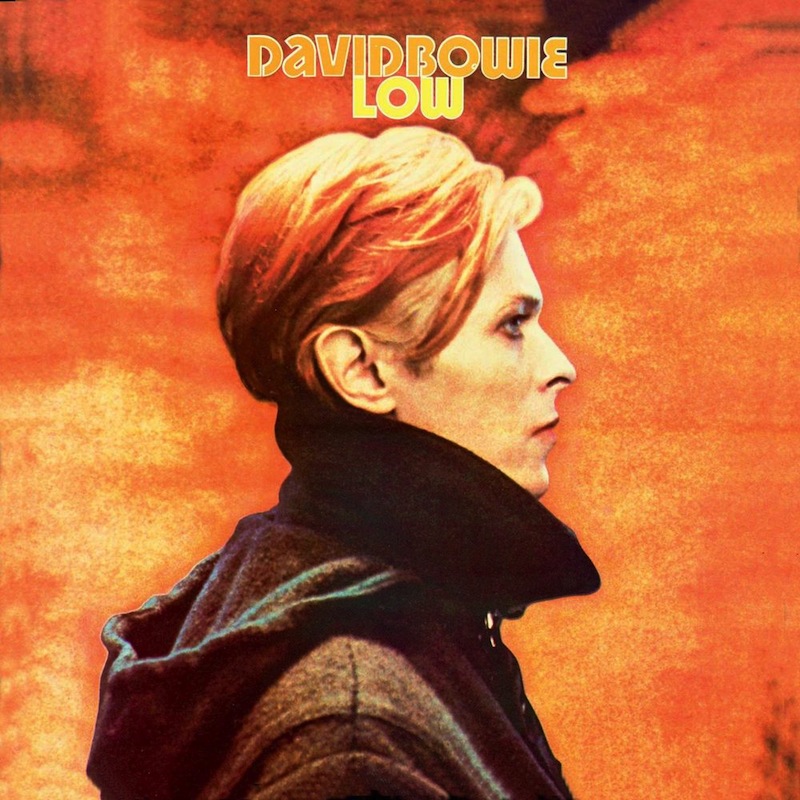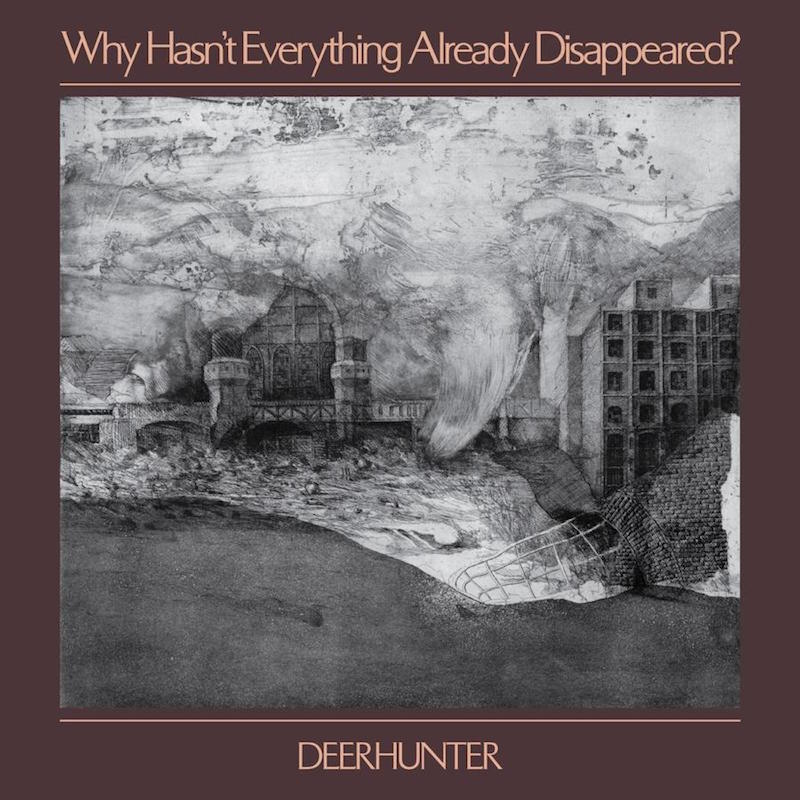Cate Le Bon – Pompeii

There are countless lessons to be learned from the past couple years, most universal among them being that isolation for extended periods of time can damage a person’s well being. It refocuses our attention, changes our routines and perhaps obliterates them entirely, but often at some psychological cost—some do better than others in hermetic solitude, but it never feels quite right to say anyone thrives. Cate Le Bon might be the exception, if only because she went through it before. The Welsh artist’s 2019 album Reward came from a period living alone in England’s Lake District, and the result was her most creatively ambitious, satisfyingly idiosyncratic set of songs to date, born of what seemed at the time like a unique set of circumstances. Until it happened again. Le Bon had planned on writing and recording her sixth album somewhere far from her own backyard, seeking inspiration in the unfamiliar. When the pandemic hit, she, her partner Tim Presley and producer Samur Khouja decamped to a friend’s house in Wales, creating what she refers to as “a product of three people losing their minds in a terrace house” in an interview with The Guardian. Which is as strong an endorsement of cabin fever as you’ll ever hear.
Where Reward sounded like an echo of the open space that surrounds it, Pompeii is more of an act of filling up that blank canvas the best way that Le Bon knows how. It isn’t overstuffed or unnecessarily busy, but thoughtfully and creatively composed—a kind of auditory feng shui. Hearing a Cate Le Bon song has always felt like occupying a new and unfamiliar space, but that space has never seemed so richly adorned as it does here. Each song is meticulously arranged, with Le Bon performing most of the instruments herself, save (as with Reward) for saxophone and drums, creating an atmosphere of abundance even in solitude.
One of Le Bon’s greatest strengths is in taking the relatively straightforward core of a song—three or four chords—and pulling it into shapes that somehow sound less recognizable, more curious and abstracted. On Pompeii she takes that to a more dramatic extreme, she and Khouja during the album’s sessions having broken songs down, built them up and so on until they became something better than where they began. It’s not as easy to make out the sketches in a song like opener “Dirt on the Bed,” a spacious matrix of metal-pipe percussion, layers of saxophone and liquid basslines. There’s a kind of magic to it that defies the idea of demos and scratch takes.
The sound of Pompeii is joyful, curious, always willing to step just outside the boundaries of the expected, even when there’s an anxiety that bubbles up underneath. On the slow art-pop lurch of “Running Away,” amid a mystical haze of post-punk guitar twinkle and Bowie-esque sax, Le Bon addresses the fear of being on the precipice of extinction: “I’m not cold by nature/This could bring me to my knees/The fountain that empties the world.” The shimmering strut of “Moderation” opens with a statement of frustration, Le Bon singing, “I get by/One eye on the sky/But I can’t put my finger on it/I want to cry, I’m out of my mind/Trying to figure it out.” And when she turns introspective on the idea of the legacy she leaves on the surrealist synth-pop of “Remembering Me,” she peppers her philosophical examination with a seemingly fourth-wall-breaking conflict: “I must leave the house/I don’t wanna be on my own.”
Pompeii‘s title invokes one of history’s great ironic tragedies, a town’s population wiped out yet frozen in place. Le Bon doesn’t lean on the morbid aspect of its imagery, however, but the idea of immobility rendered in strange, haunting beauty. These songs don’t lack forward motion but rather seem to slow down the world when you take a moment to step inside them, each one an opportunity to sit with a subtle detail or see a pattern come to life. In “Dirt on the Bed,” Le Bon sings, “Sound doesn’t go away in habitual silence/It reinvents the surface/Of everything you touch.” Even as Pompeii seems to evoke of feeling of stillness, it makes the landscape around you feel a little bit different than before it began.
Label: Mexican Summer
Year: 2022
Buy this album at Turntable Lab
Similar Albums:
Jeff Terich is the founder and editor of Treble. He's been writing about music for 20 years and has been published at American Songwriter, Bandcamp Daily, Reverb, Spin, Stereogum, uDiscoverMusic, VinylMePlease and some others that he's forgetting right now. He's still not tired of it.




